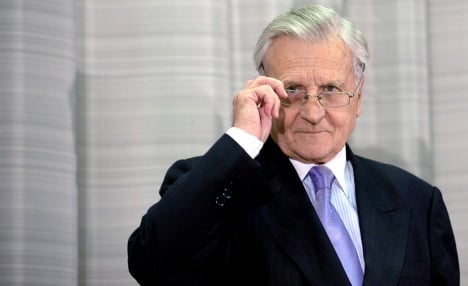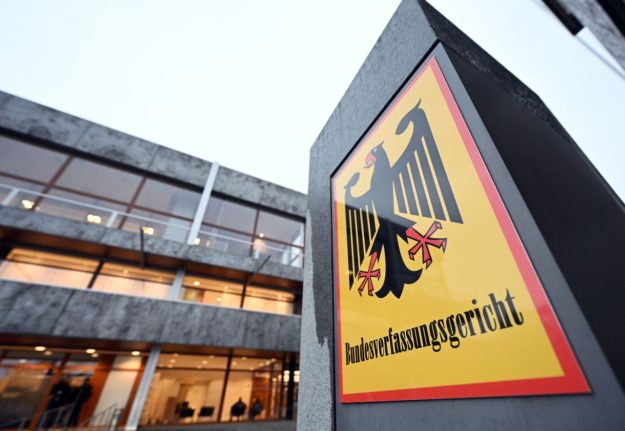In an interview in German weekly Bild am Sonntag on the last day of his eight-year stint at the helm of the ECB, Jean-Claude Trichet urged eurozone governments to stick to their promises and reduce unsustainable debt piles.
“The crisis is not over. It has laid bare the weaknesses of advanced economies. We are now seeing the weaknesses of the US and Japanese economies, but also, of course, Europe’s weaknesses,” he said.
In a make-or-break summit on Wednesday that stretched well into Thursday morning, European leaders agreed a series of measures they hoped would put an end to the worst economic crisis in the eurozone’s history.
They persuaded banks to take heavy losses on their holdings of Greek debt, increased the amount of core capital lenders must hold and boosted their bailout fund to €1 trillion to prevent the crisis from spreading.
Financial markets greeted the accord with euphoria, with the German stock exchange up more than five percent the day after.
“The decisions taken at the summit meeting need to be implemented with great precision and speed,” said Trichet, adding that national capitals “now have some hard work ahead of them.
“Swift and full implementation of those decisions is now absolutely critical. We will monitor this process very carefully. Now is the time for action.”
As a response to the crisis, Trichet proposed closer co-operation between the 17 countries that share the euro currency.
“I would say – as a citizen of Europe, not as president of the ECB – that we could proceed in the direction of significantly stronger European governance with well-defined responsibilities,” said the 68-year-old Frenchman.
Trichet steps down at the end of the month after a tumultuous eight-year term leading the central bank in Frankfurt. Italian Mario Draghi replaces him.
Draghi will make his first appearance as head of the ECB in front of the press on Thursday.
AFP/hc



 Please whitelist us to continue reading.
Please whitelist us to continue reading.
Member comments